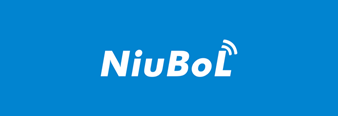
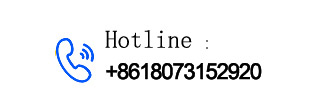
— Solutions —
—Products—
 Consumer hotline +8618073152920
Consumer hotline +8618073152920 WhatsApp:+8615367865107
Address:Room 102, District D, Houhu Industrial Park, Yuelu District, Changsha City, Hunan Province, China
Weather & Environmental
Time:2025-11-13 15:13:07 Popularity:321
Rainfall is a core indicator in meteorological and hydrological monitoring, directly influencing agricultural production, flood control scheduling, and urban drainage.
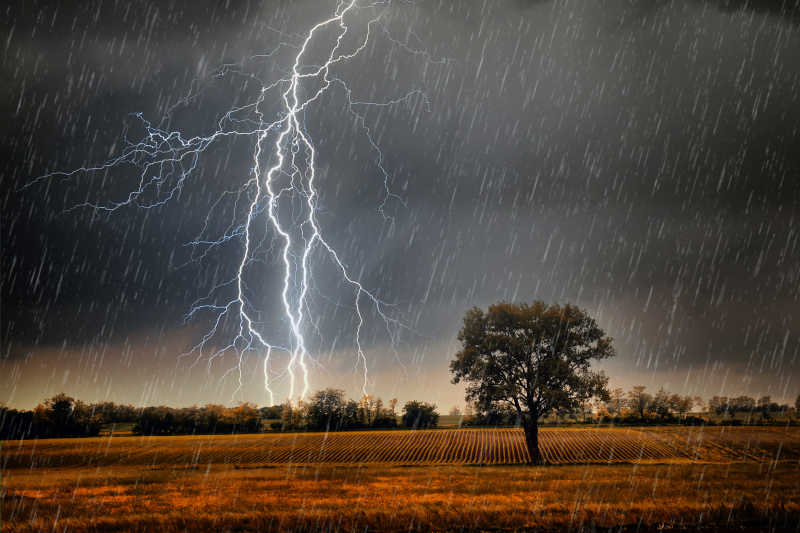
- Agriculture: Rainfall data enables farmers to optimize irrigation schedules, preventing water waste from over-irrigation or crop loss from drought. It boosts water efficiency and yields. Modern smart agriculture integrates precise rainfall with crop water demand models for scientific, water-saving farming.
- Hydrology & Flood Control: Real-time rainfall is the foundation for flood risk forecasting and reservoir management. Abnormal rainfall peaks can trigger river overflow; delayed monitoring risks property damage and casualties.
- Municipal Management: Rainfall monitoring at flood-prone urban points, underpasses, and low-lying roads supports inner-city flood prevention, drainage optimization, and emergency response. With increasing urban impervious surfaces and extreme weather, real-time data is indispensable for smart city resilience.
Traditional manual observation or basic devices suffer from high error, data lag, and maintenance challenges. To address this, NiuBoL launches a full-scenario intelligent rainfall monitoring system, achieving a closed-loop process: sensing → transmission → analysis → alerting → control, meeting diverse needs in agriculture, hydrology, and municipal sectors.
- Inaccurate Data: Simple rain gauges are severely affected by wind, debris, or blockages → errors >20%, failing precision management.
- Delayed Response: Manual logging or single-point delayed uploads miss critical flood or irrigation decision windows.
- Poor Environmental Adaptability: High heat, salt fog, or dust cause jamming, corrosion, or sensor failure.
- Data Silos: Multi-point deployments lack unified platforms → no trend analysis or decision support.
NiuBoL optimizes across four dimensions: high-precision sensing, reliable communication, environmental resilience, and platform intelligence.
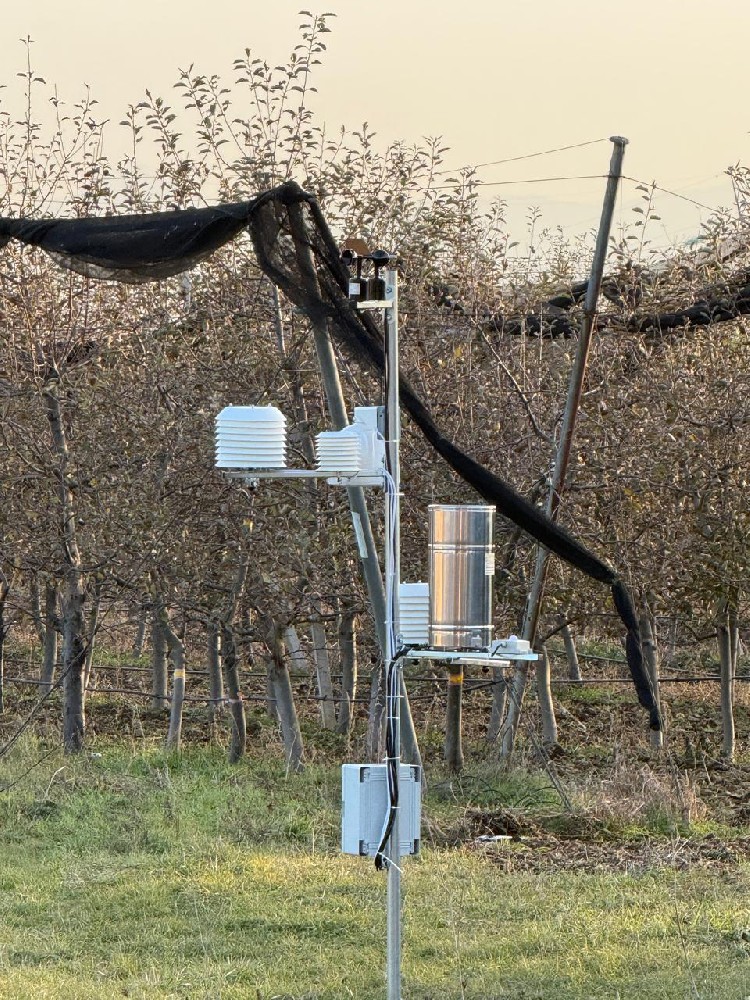
- Precision Acquisition: 0.1 mm resolution, error ≤±2%
- Real-Time Transmission: Multi-mode (4G, wired, LoRa); ≤5-second latency
- Intelligent Analysis: Cloud generates trend charts, cumulative stats, anomaly alerts, historical comparisons
- Reliable Operation: IP65, <1% annual failure rate, withstands extreme weather
- Dual-Chamber Tipping Bucket: Anti-clog design, 304 stainless steel, corrosion/high-temperature resistant
- Multi-Mode Communication: 4G/5G, wired, LoRa → real-time upload in remote/complex environments
- Intelligent Collector: 16 sensor inputs, auto-caches during outages, resumes on reconnection → zero data loss
- Cloud Intelligence: Visual reports, alerts, API integration, Web & mobile access
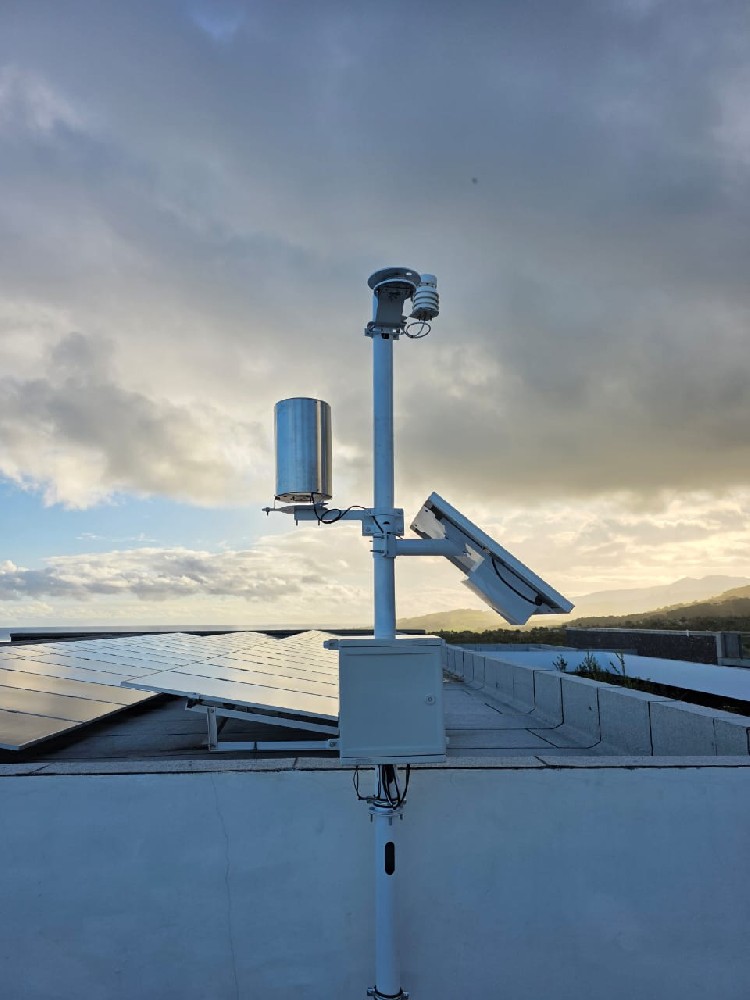
- NBL-W-DRS Dual-Chamber Tipping Bucket Sensor:
- Range: 0–4 mm/min
- Resolution: 0.1 mm
- Ideal for agriculture & municipal precision monitoring
- NBL-W-RS Standard Sensor:
- Range: 0–4 mm/min
- Resolution: 0.2 mm, ±4% error
- Suitable for general agriculture & hydrology
Optional Sensors: Temperature/humidity, wind speed/direction → enable multi-parameter analysis for smart agriculture and urban climate
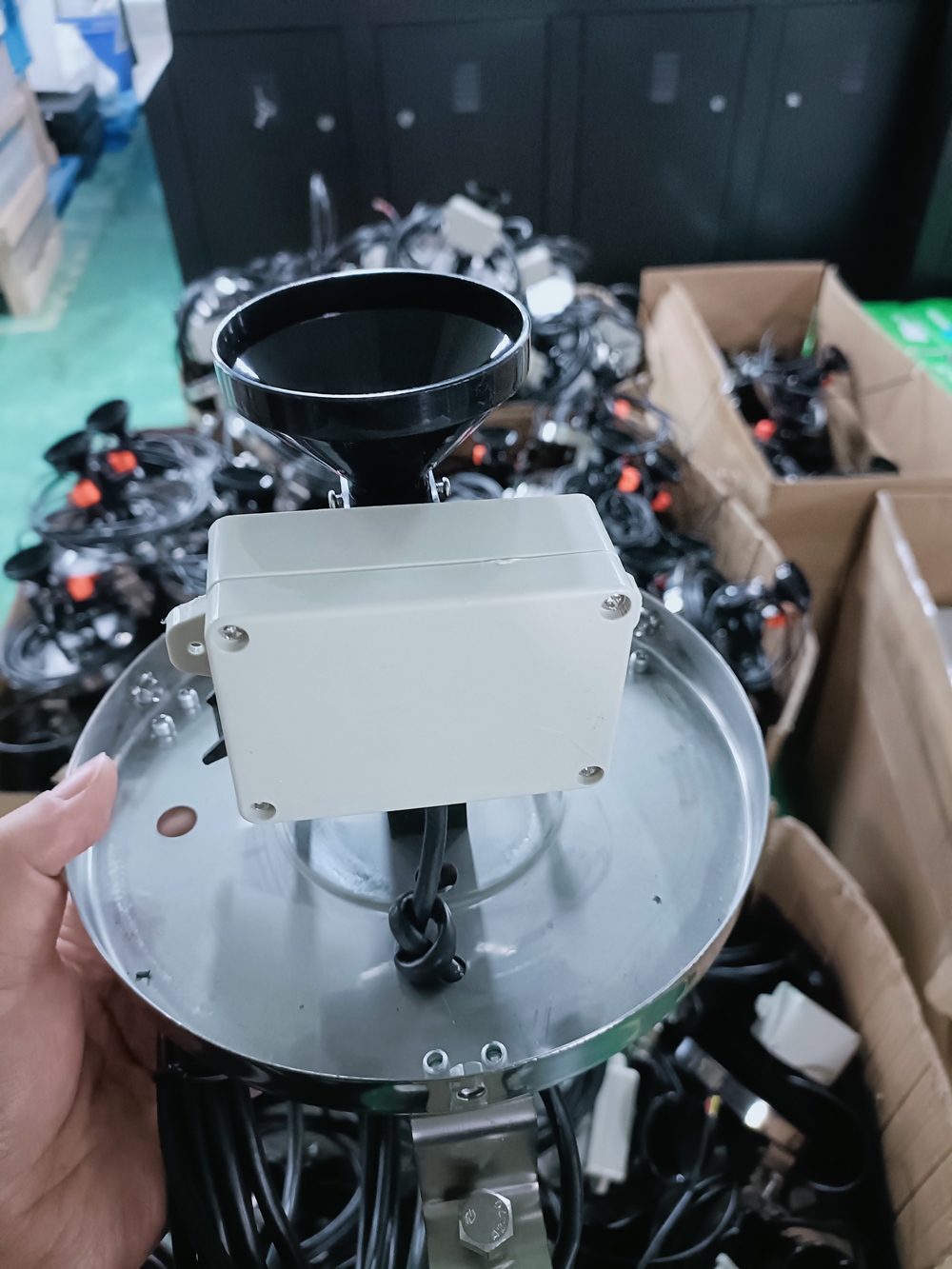
- Multi-channel input, 4G/5G/LoRa/wired
- 32GB onboard storage, remote configuration & firmware updates
- Real-time monitoring, historical analysis, alert push, report export
- Custom modules for agriculture, hydrology, municipal
- API for third-party integration and automated control
- View rainfall curves, alerts, device status, trends
- Remote control, tiered user permissions
- Mobile push alerts, large-screen dashboards for government/enterprise use
Deploy NBL-W-DRS in fields → system auto-collects rainfall and analyzes with crop water models.
When cumulative rainfall hits threshold → “Pause Irrigation” alert + auto-shutoff pump → precise water savings and higher yields.
Integrate with soil moisture sensors → optimize irrigation volume.
Use historical data to adjust sowing plans and crop varieties, reducing climate risk.
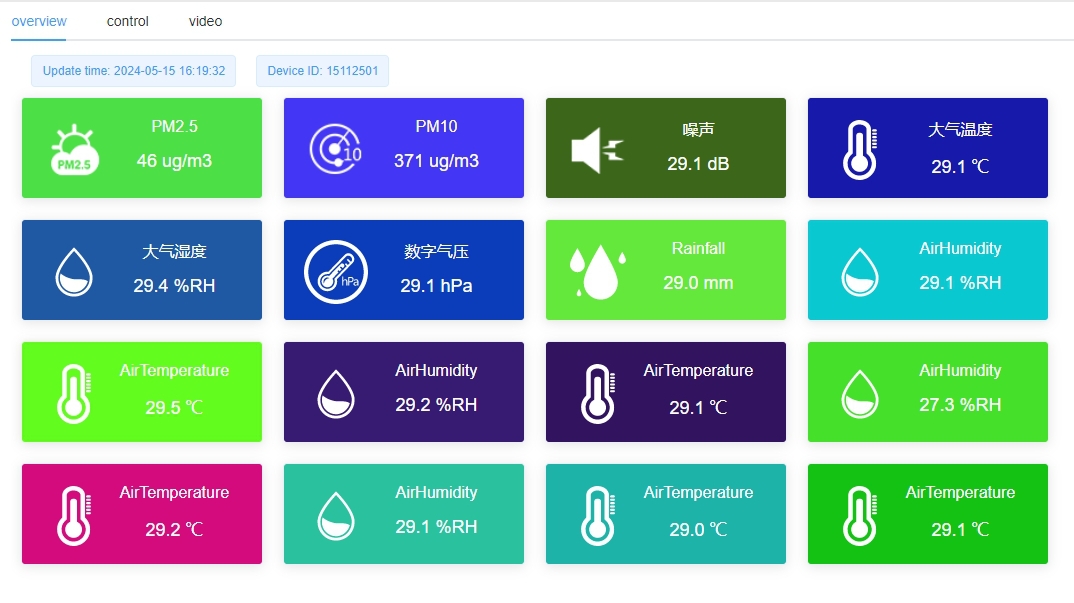
Multi-point deployment (upstream, midstream, downstream) → LoRa mesh to central node → 4G to cloud.
When hourly intensity >20 mm → auto “Flood Alert” to downstream teams → pre-deploy defenses, close gates, activate drainage.
Cloud + river flow models → predict flood zones for reservoir scheduling and urban planning.
Link sensors with water level gauges → monitor rainfall + water depth.
When >30 mm/h + water level exceeds alert → auto-start drainage pumps + alert to duty staff (response <5 min).
City-wide flood-point rainfall map → optimize pipe network design and smart emergency dispatch.
- Research: High-precision data supports hydrology, meteorology, environmental studies; GIS integration for spatial rainfall analysis
- Smart Cities: Link with traffic and public safety systems → guide traffic diversion during extreme rain
- High Precision: Dual-chamber design → error ≤±2%
- Reliable Communication: Multi-mode redundancy → 99.9% signal coverage
- Rugged Adaptability: IP65 + lightning protection, -40°C to +70°C
- Smart Alerting: Multi-level thresholds, SMS & app push
- Open Integration: API connects to agriculture, water, municipal systems → automated control
- Cost: Modular design → configure sensors/comms as needed → lower entry barrier
- Harsh Environments: Custom solutions (high-gain antennas, anti-corrosion coatings, heating modules) for mountains/coastal areas
- Data Security: SSL encryption, dual backup, tiered permissions → compliance and safety
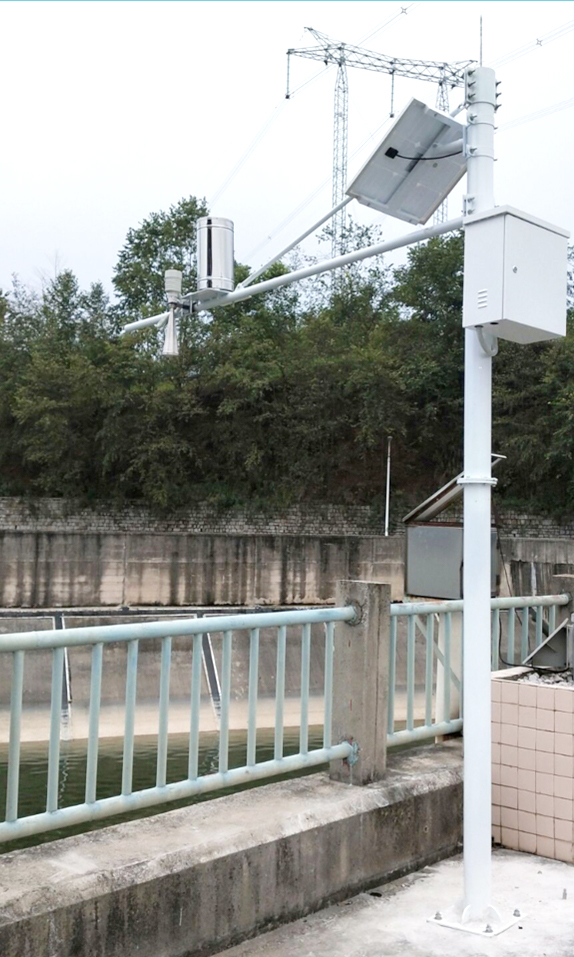
A1: Check bucket smoothness, clear debris, and calibrate every 3–6 months for long-term accuracy
A2: Solar + lithium battery; 7–15 days autonomy in cloudy weather
A3: Complies with national meteorological standards; supports API and Excel export
A4: Yes — links with irrigation, flood drainage systems for rain-triggered control
A5: 1-year full warranty, lifetime technical support, remote upgrades & diagnostics
A6: IP65, -40°C to +70°C, anti-lightning/wind/dust → reliable in storms
A7: Time-sync + cloud auto-calibration; historical cross-checks ensure multi-site comparability
A8: Cloud uses historical data + rainfall models for short-term hourly forecasts → supports agriculture, drainage, and flood prep
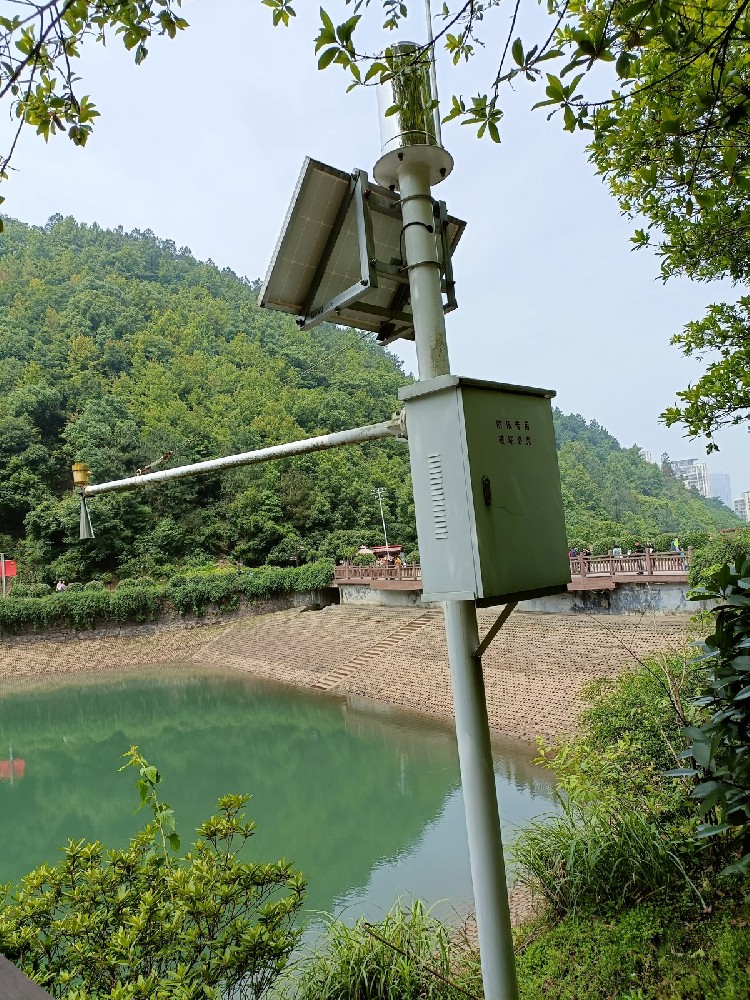
NiuBoL specializes in IoT solutions for meteorological and environmental monitoring, covering rainfall, water quality, weather, and soil. Certified with ISO9001, CE, RoHS, our products serve agriculture, hydrology, municipal, and research sectors with 60+ global service centers.
Accurate rainfall data is the foundation of scientific management. The NiuBoL rainfall monitoring system — powered by high-precision sensing, multi-mode transmission, and intelligent cloud analytics — delivers a full closed-loop from data to decision. Every raindrop is visible, measurable, and actionable, providing robust support for agricultural productivity, flood safety, and urban resilience.
Choose NiuBoL — make rainfall monitoring smarter, more reliable, and let every drop drive intelligent decision-making.
Related recommendations
Sensors & Weather Stations Catalog
Agriculture Sensors and Weather Stations Catalog-NiuBoL.pdf
Weather Stations Catalog-NiuBoL.pdf
Related products
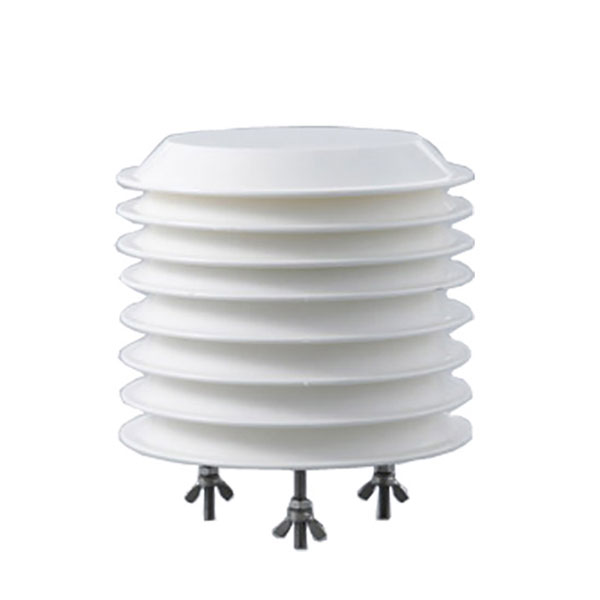 Combined air temperature and relative humidity sensor
Combined air temperature and relative humidity sensor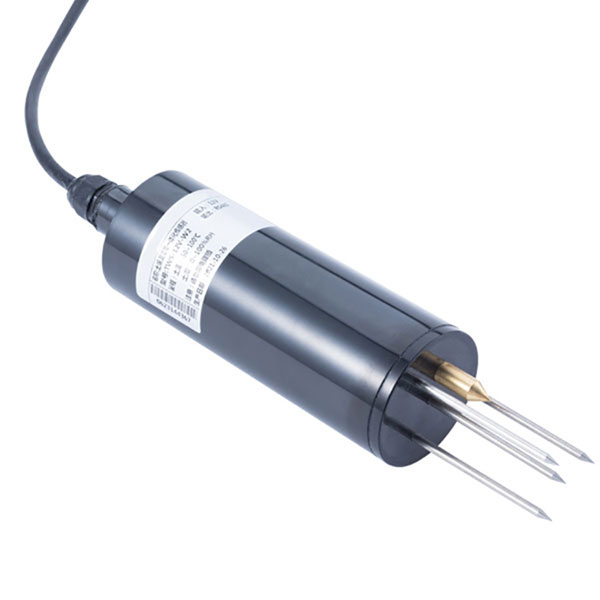 Soil Moisture Temperature sensor for irrigation
Soil Moisture Temperature sensor for irrigation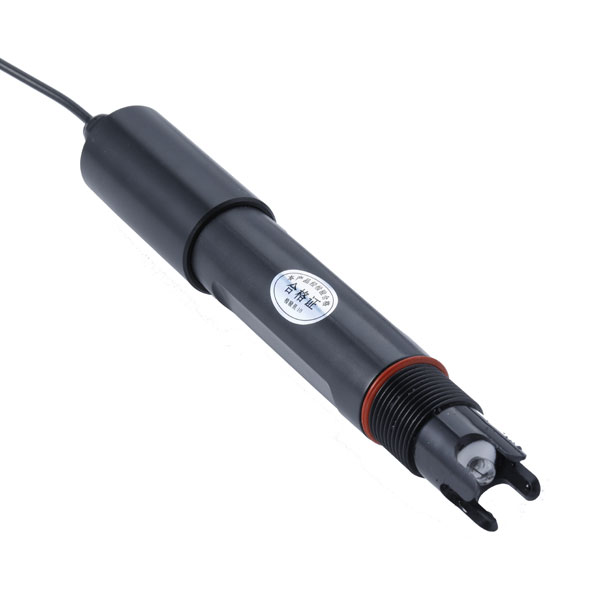 Soil pH sensor RS485 soil Testing instrument soil ph meter for agriculture
Soil pH sensor RS485 soil Testing instrument soil ph meter for agriculture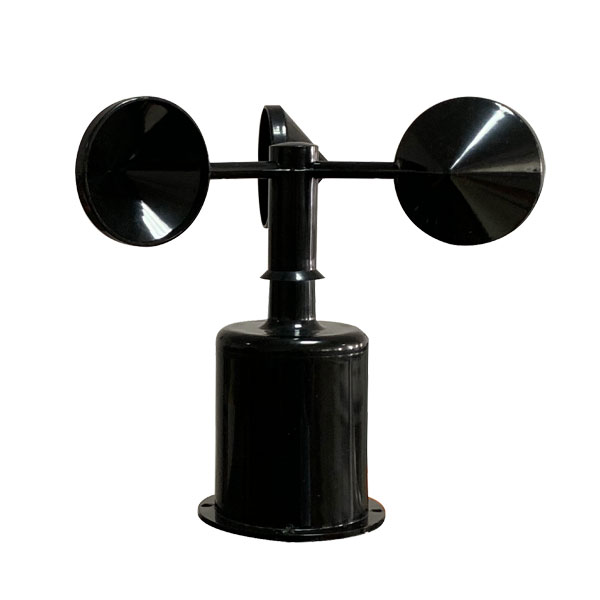 Wind Speed sensor Output Modbus/RS485/Analog/0-5V/4-20mA
Wind Speed sensor Output Modbus/RS485/Analog/0-5V/4-20mA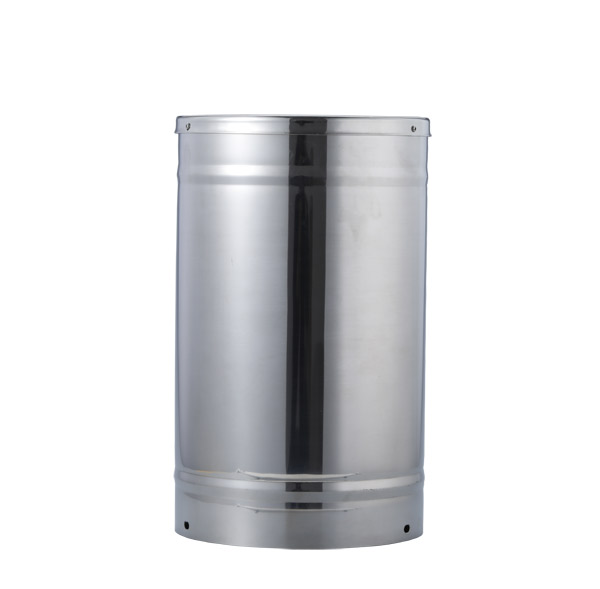 Tipping bucket rain gauge for weather monitoring auto rainfall sensor RS485/Outdoor/stainless steel
Tipping bucket rain gauge for weather monitoring auto rainfall sensor RS485/Outdoor/stainless steel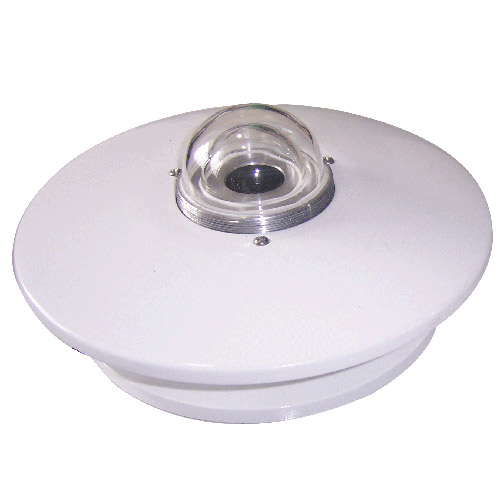 Pyranometer Solar Radiation Sensor 4-20mA/RS485
Pyranometer Solar Radiation Sensor 4-20mA/RS485
Screenshot, WhatsApp to identify the QR code
WhatsApp number:+8615367865107
(Click on WhatsApp to copy and add friends)
